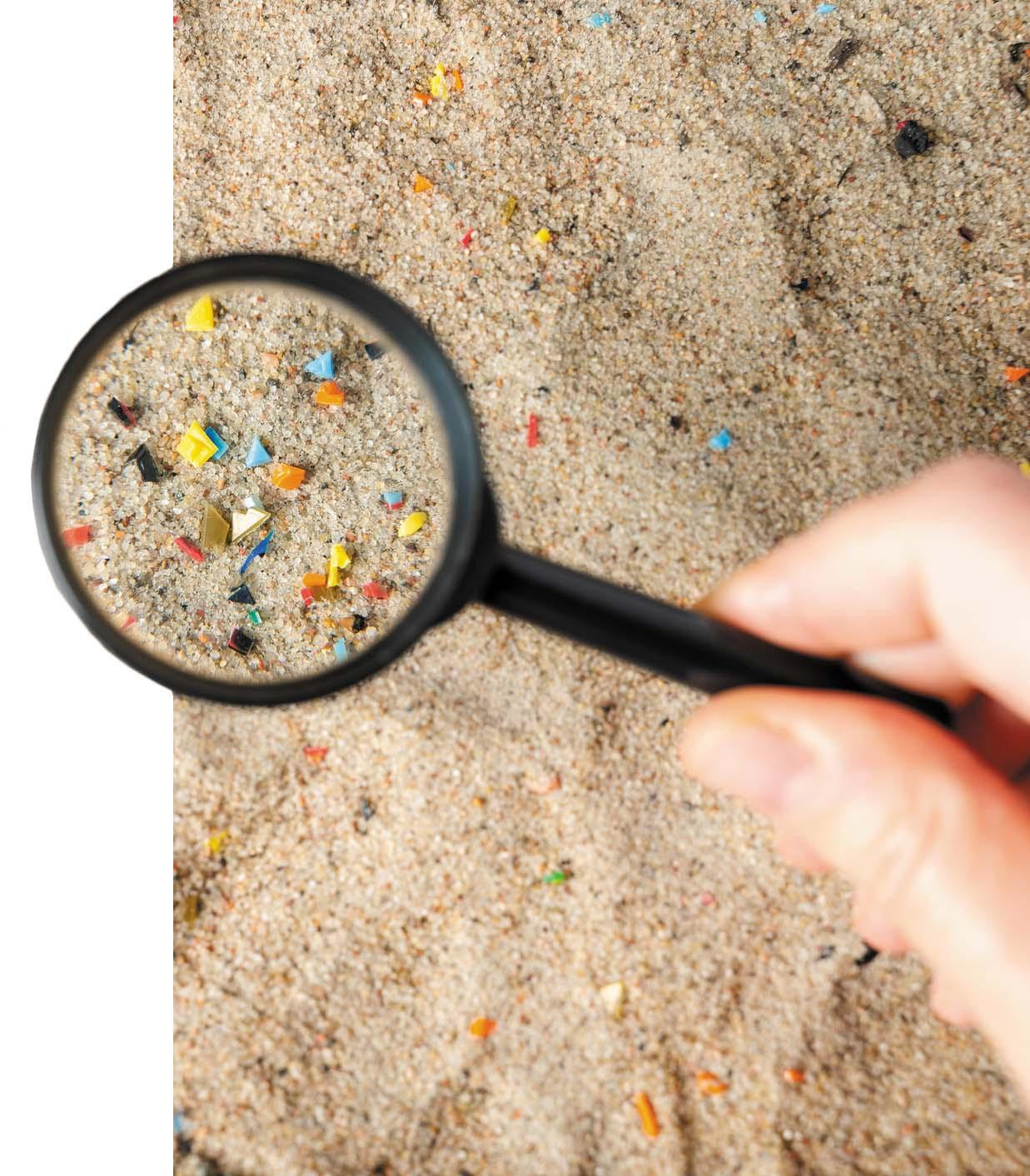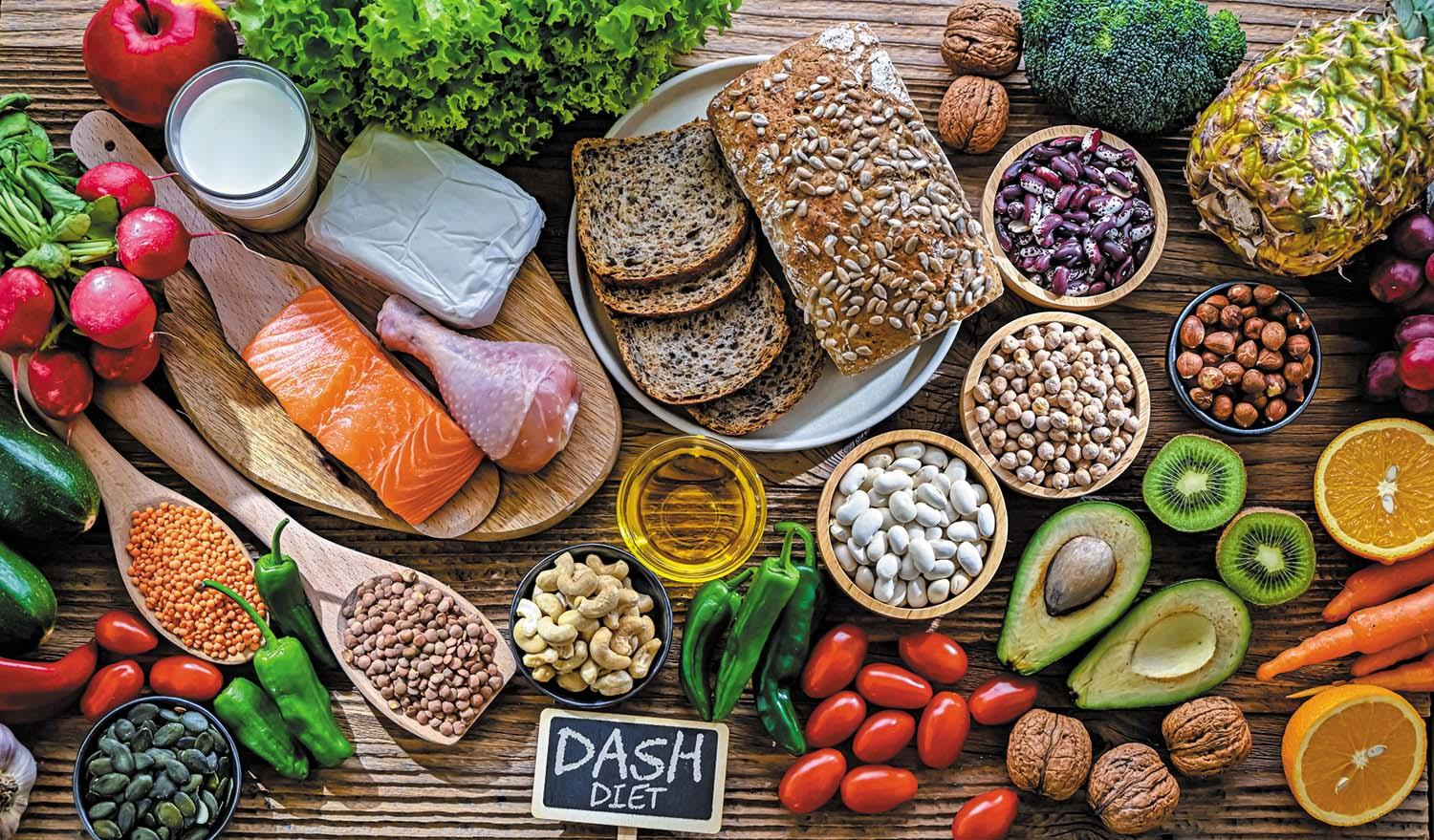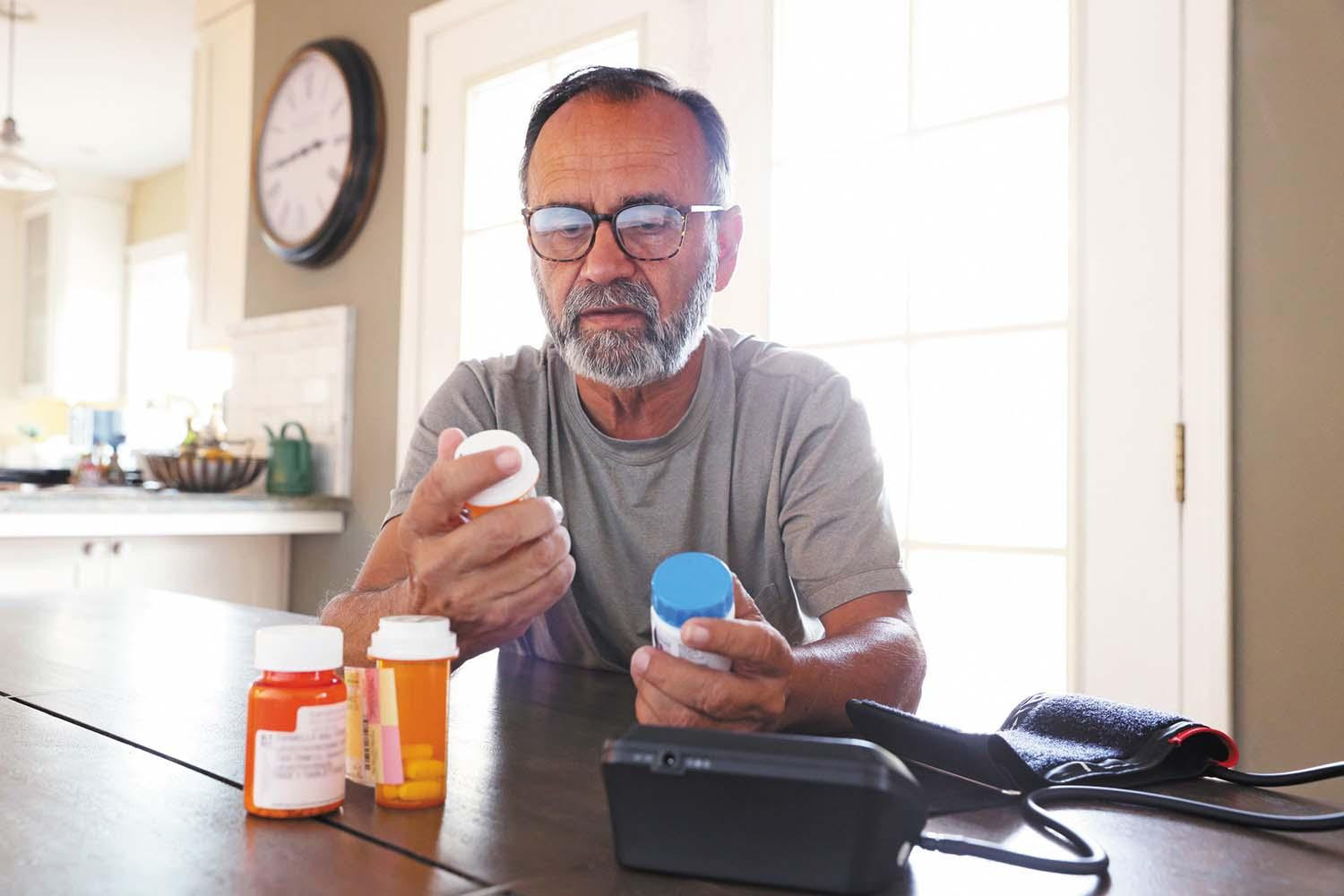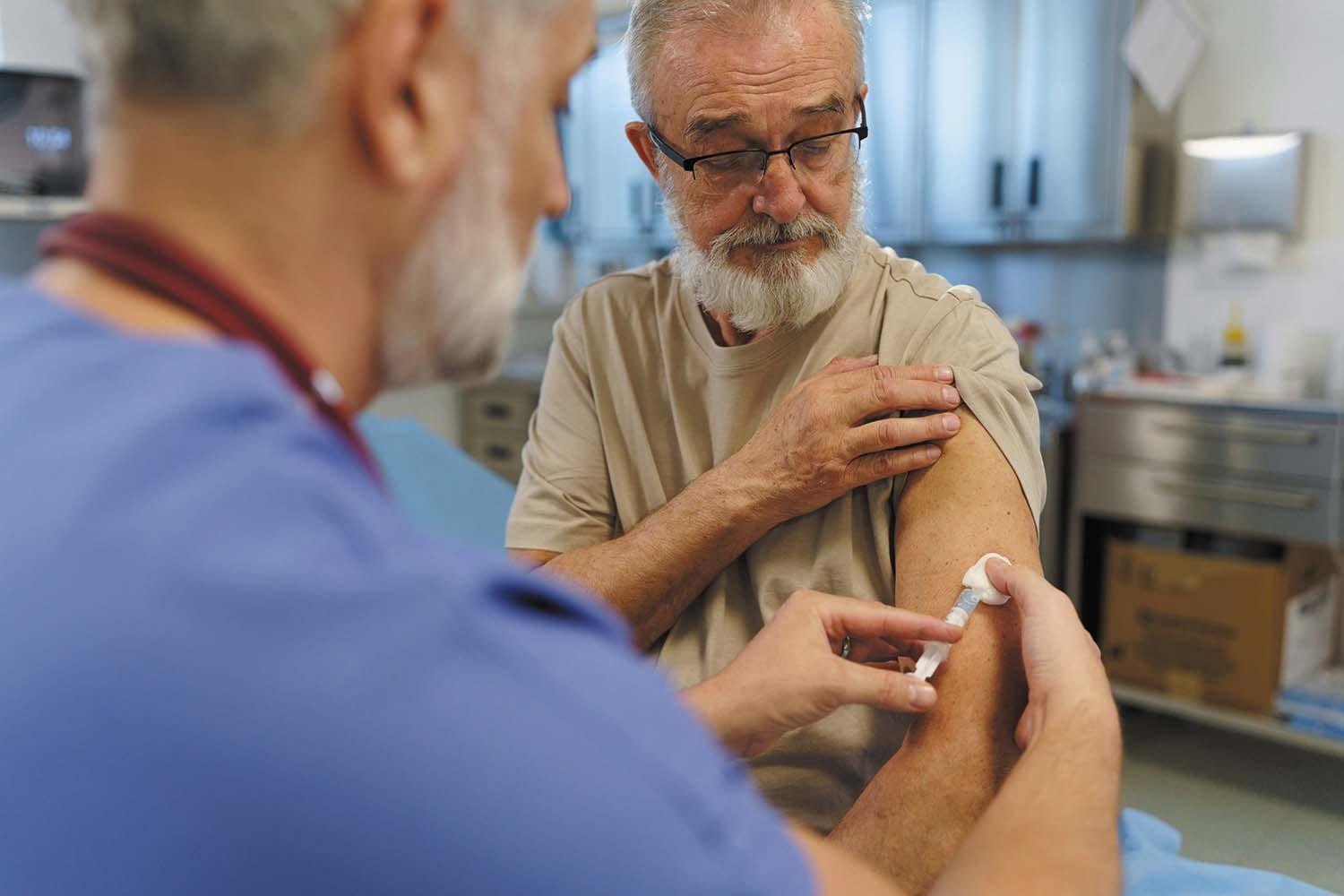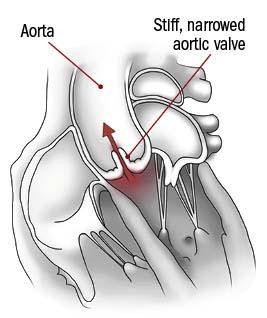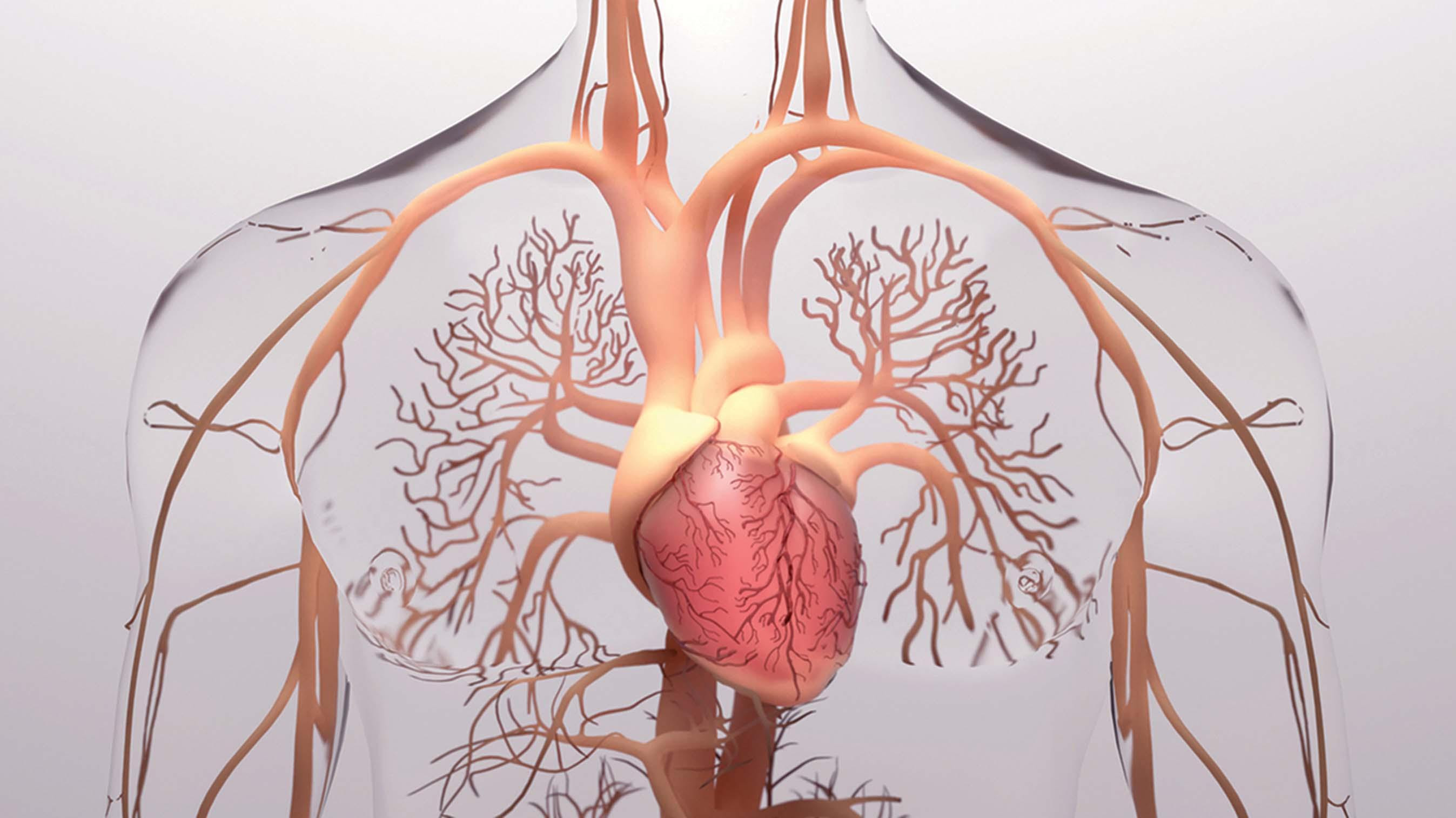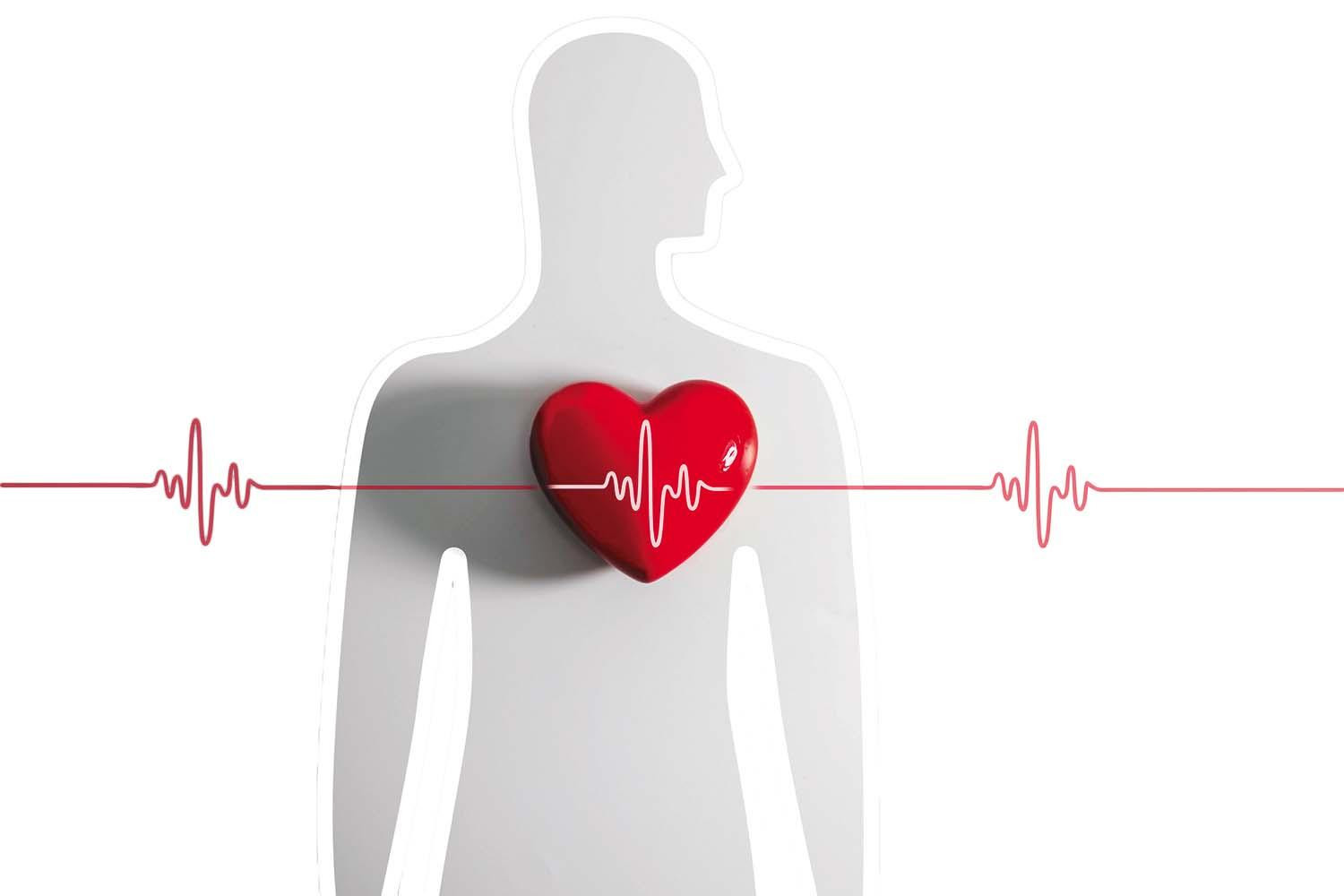
What are somatic workouts?

How to curb your stress eating

How to spot Parkinson’s disease symptoms

8 simple ways to reduce ultra-processed foods in your diet

Heart failure symptoms in women: How they’re different

GERD diet: Foods to avoid to reduce acid reflux

Strong is the new skinny

Everyday habits that sneakily weaken your bones

Don’t wait to get help for back pain

Correcting how you walk may ease osteoarthritis knee pain
Heart Health Archive
Articles
High levels of ocean microplastics linked to heart-related risks
According to a 2025 study, people living near coastlines with high levels of marine microplastics had higher rates of heart disease than those living close to coastlines with less plastic pollution.
Modified DASH diet lowers blood pressure in people with diabetes
For people with diabetes, a modified version of the Dietary Approaches to Stop Hypertension (DASH) diet can lower their blood pressure. Called DASH4D, it has fewer carbohydrates, more unsaturated fat, and slightly reduced amounts of potassium.
Staying healthy after a heart procedure
After common heart procedures or surgeries, medications to help prevent heart attacks and strokes are essential. These include a combination of drugs to prevent blood clots (which is known as dual antiplatelet therapy and usually taken for just one year); drugs to lower LDL cholesterol down to 70 milligrams per deciliter or lower; and drugs to keep blood pressure and blood sugar in a healthy range.
Infections, vaccines, and heart disease: What you need to know
Getting vaccinated against influenza (flu), COVID-19, and pneumonia is especially important for people who have cardiovascular disease. The coughing and congestion that commonly occur with respiratory infections can make breathing more difficult, and the potential drop in oxygen puts added stress on the heart. Serious infections sometimes trigger sepsis, which happens when the immune system is overwhelmed or goes into overdrive, causing symptoms such as a rapid heart rate, very fast breathing, and low blood pressure. These complications can lead to a heart attack.
A 5-step plan to eat more produce
Few people get the recommended two fruits and three vegetables per day. Tips for helping people add more produce into their diets include starting small (making just one minor addition or substitution at a time and sticking with it for several weeks); choosing smarter snacks (like hummus and carrots or apples and peanut butter); sneaking pureed vegetables into pasta and other dishes; making smoothies and soups; and relying on frozen fruits and vegetables.
Can you slow down stenosis of the aortic valve?
There are no medications to treat aortic stenosis (narrowing of the aortic valve), but several possibilities are currently being studied, including a class of drugs to treat diabetes and others that lower high lipoprotein(a) blood levels.
Marijuana linked to doubled risk of cardiovascular death
In a 2025 analysis involving about 200 million people, those who used cannabis had a 29% higher risk for sudden heart attacks or angina and twice the risk of premature death from cardiovascular disease, compared with people who didn’t use cannabis.
The changing nature of coronary artery disease
Growing numbers of people have microvascular disease, which is caused by problems in the network of tiny blood vessels in the heart rather than blockages in the heart’s major arteries. Evidence for this trend comes from large studies using diagnostic imaging tests coupled with heart disease registry data. Experts believe today’s higher rates of obesity, diabetes, high blood pressure, and chronic kidney disease is changing how cardiovascular disease is manifested.
Heart disease and depression: A two way street
A heart disease diagnosis may trigger a bout of depression. But having depression can also leave people more vulnerable to heart disease. Some of the overlap stems from shared lifestyle factors, such as inactivity and an unhealthy diet. In addition to addressing those issues, other safe and effective ways to ease depression include working with a therapist, using a light box, and taking medications.
When should you worry about abnormal heartbeats?
People commonly experience heart palpitations, which feel like the heart flutters or skips a beat, or beats at a faster rate or in an irregular rhythm. They often last only seconds and can be unsettling. For the most part, palpitations are nothing to worry about. Still, these unusual heart sensations may indicate something more serious, such as atrial fibrillation, supraventricular tachycardia, or ventricular tachycardia. Palpitations that persist or cause other symptoms (such as lightheadedness) should be evaluated by a doctor.

What are somatic workouts?

How to curb your stress eating

How to spot Parkinson’s disease symptoms

8 simple ways to reduce ultra-processed foods in your diet

Heart failure symptoms in women: How they’re different

GERD diet: Foods to avoid to reduce acid reflux

Strong is the new skinny

Everyday habits that sneakily weaken your bones

Don’t wait to get help for back pain

Correcting how you walk may ease osteoarthritis knee pain
Free Healthbeat Signup
Get the latest in health news delivered to your inbox!
Sign Up
